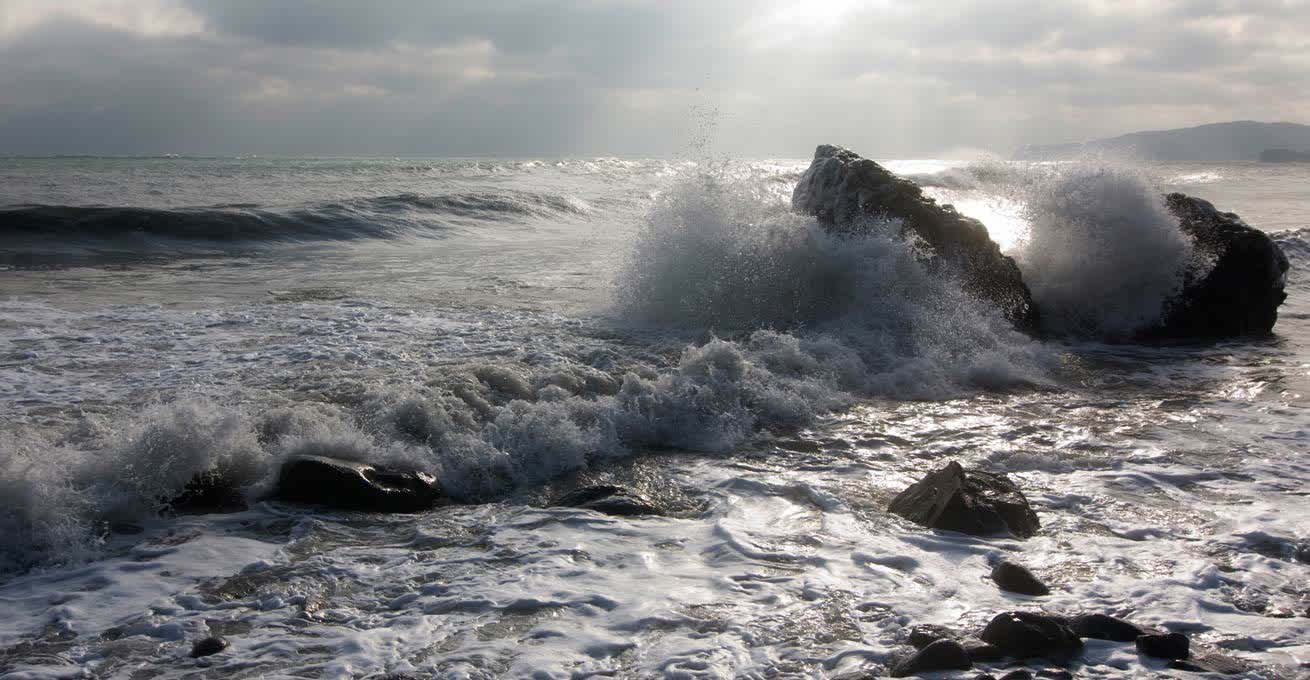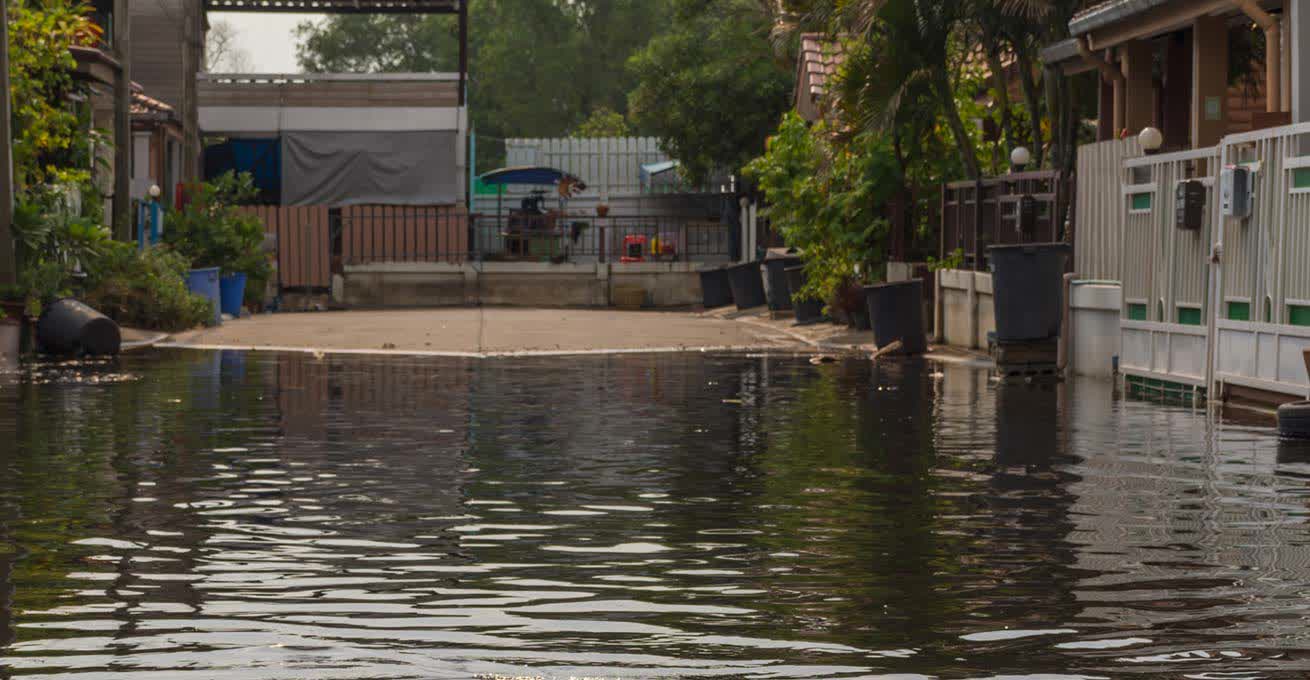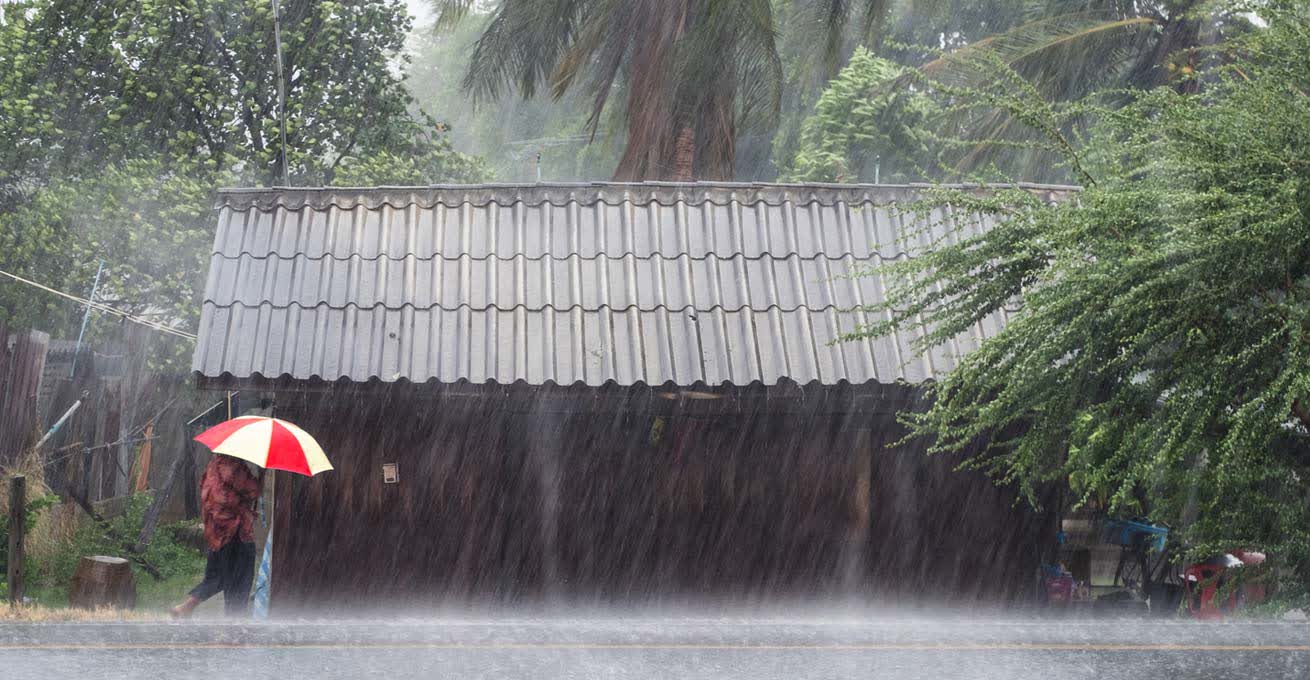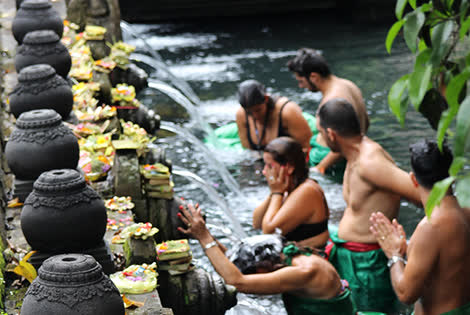Flooding in Bali

As one of the world’s most popular tourist destinations, Bali’s infrastructure is growing strained and overbuilding to accommodate rising visitor numbers is leading to ecological issues. Questions remain over government responses to the prevention and response to flooding.
Bali as Tourism Hotspot
Bali is famous for its beautiful nature, and that is an undeniable fact. People flock from all over the world to Bali to see its stunning beaches and the perfect hues of sunset or simply admire the majestic temples that are scattered on every corner of the island, reinforcing the unique cultural aspects.
The Balinese are also known for being friendly. As the only island in the country where the majority is Hindu instead of Muslim, it adds to the magnet of Bali that leads thousands of people to land at Ngurah Rai International Airport every day.
Issues of Overtourism
But mass tourism on the Island of Gods comes with a hefty consequence. Hotels and villas are constantly being built, taking over the rice fields, the image that is often associated with Bali in those holiday pamphlets.
Even Ubud, once considered the most authentic Balinese experience, has changed. The implementation of the tourist tax has yet to show its merit, as it was just launched last February, while mass tourism is threatening not only Balinese culture but also its ecosystem.

Heavy Rainfall Caused Unprecedented Flooding
On the 4th of April, once again, Bali experienced flooding in some of the spots in Denpasar and Badung, two areas populated by residents and tourists alike, especially in Kuta and Seminyak. The heavy rain, falling since the night before, was unusual, as in the previous days, Bali was bright, sunny, and hot.
Was it one of the effects of El Niño? Or was it simply the inadequacy of the government in handling the problem that has arisen and occurred multiple times?
Like before, it made the news both in local online media and internationally. The flood hit some of the main roads, like ByPass Ngurah Rai and the road in front of Kuta Beach, as well as some tiny roads in Denpasar.
Pollution as a Contributing Factor
Flooding in Bali happens almost annually, especially when the rainy season hits. In the past (and it still happens), the problem often revolved around waste management on the beach. For years, some beaches in Bali have been littered with non-degradable waste, primarily plastics that are incredibly uncomfortable to see. People who have flown to Bali will surely be disappointed. Last year, the biggest landfill in the Serangan area caught fire, and it took weeks to tame the blaze.
In 2022, the whole area of Dewi Sri was waterlogged due to constant rain, and it seems the local government has not made a significant effort to solve this issue.

Taking Action
Just a couple of months ago, a group of environmental activists initiated a river cleanup without the government’s support. In this era of fast information and sources that can be obtained through any phone, the movement made a splash on social media and urged the government to act. The coverage from international and local news outlets seemed to garner initial responses, but there was a lack of continuous and sustainable movement.
The flood that happened on the 4th of April again made headlines on social media. Some tourists even deliberately surfed alongside Jalan Pantai Kuta, which began trending on Instagram.
Some locals struggled to pass the road as it was submerged in the water, while someone recorded a video of his house being flooded. A big tree fell on a café building in Renon, and though there were no casualties, the loss was estimated at more than a hundred million rupiahs.
Government Initiatives
Government officials promised to solve this issue by cleaning sewage pipes blocked by trash and reminding people not to litter. This incident raises a new question about the tourist tax: will the income from the levy be enough to overcome this problem? One of the reasons for implementing the tourist tax was for environmental purposes, including waste management.

OTHER ARTICLES
-
Mudik in Bali
Catur
12.04.2024
-
Nyepi (Day of Silence)
Putri
06.02.2024
-
Insights about the Purification Ceremony Tradition known as Melukat
Catur
03.05.2024
-
The 10th World Water Forum will be held in Bali from 18-25 May
Catur
03.05.2024




